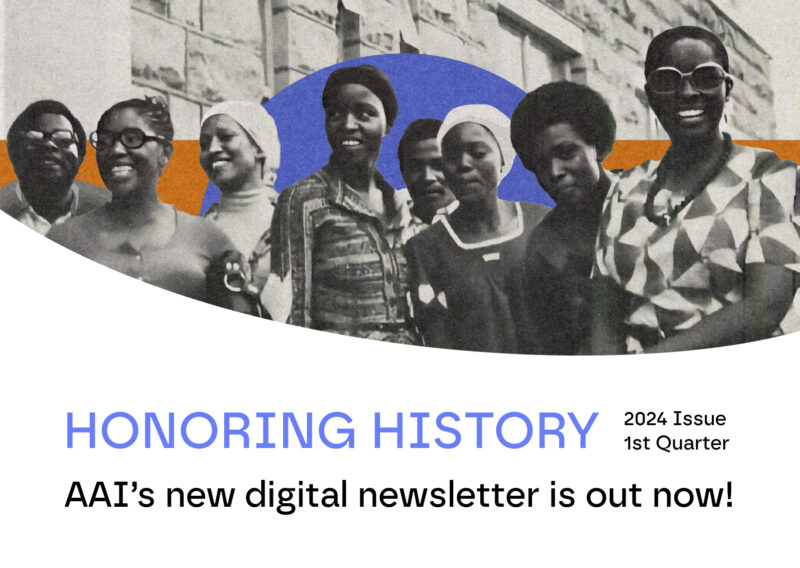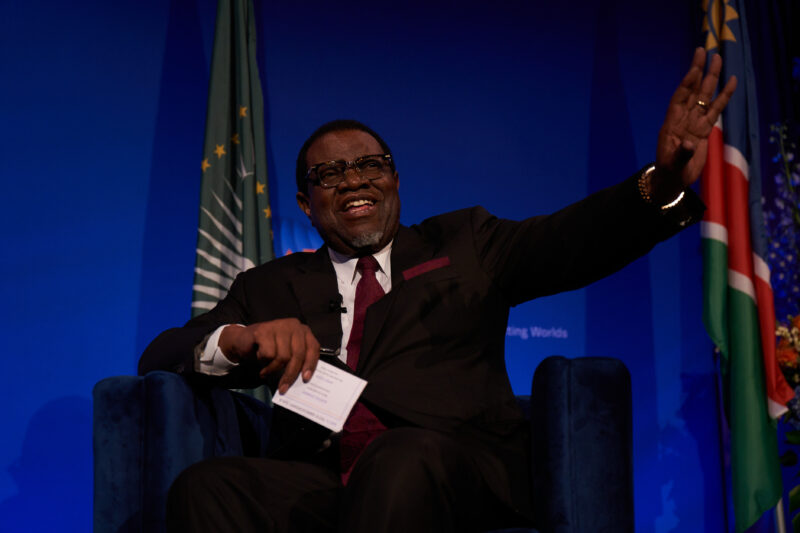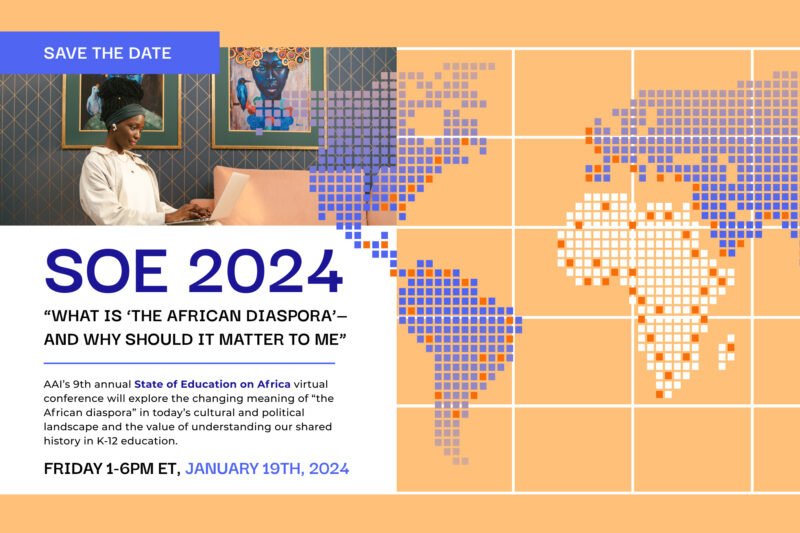Increasing U.S. Investments in Advanced Education and Professional Training to Build Skilled African Workforce

President Barack Obama greets audience members during a Young African Leaders Initiative Town Hall at the University of Johannesburg Soweto campus in Johannesburg, South Africa, June 29, 2013. (Official White House Photo by Pete Souza)
President Barack H. Obama’s long-awaited visit to Africa comes at an opportune time. As home to seven of the world’s 10 fastest growing economies and with a growing educated, middle class, the continent has much to offer the U.S. – and the world.
Expanding economic opportunities, strengthening democracy, and investing in the next generation of African leaders topped President Obama’s agenda during the weeklong trip to the African nations of Senegal, South Africa and Tanzania.
With the world’s youngest population at 200 million-strong, investing in the next generation of African leaders must be a high priority in accelerating development progress on the continent.
In his June 29 address to young people at a town hall meeting at the University of Johannesburg’s Soweto campus, President Obama outlined his flagship program Young African Leaders Initiative (YALI), which invests in young African leaders to further economic growth and prosperity in Africa. YALI, which launched in 2010, equips young leaders with new skills in leadership and entrepreneurship and connects young African leaders with each other and with the United States.
The Tony Elumelu Foundation was selected by the U.S. Agency for International Development (USAID) as one of the organizations to support key components of the President Obama’s Young African Leaders Initiative (YALI) through the agency’s Alliance on Emerging African Leaders (AEAL). AAI’s 2013 honoree Tony O. Elumelu was chosen as an Advisor of YALI’s Alliance on Emerging African Leaders and his foundation will provide guidance to the initiative and help identify candidates.
We are certainly encouraged by the Obama Administration’s efforts to scale up U.S-supported training programs and enhance educational opportunities for future African leaders. AAI has been unlocking the potential of some of Africa’s brightest male and female scholars and professionals to strengthen Africa’s human capacity since our founding 60 years ago, and has historically been a strong partner with the U.S.
For nearly five decades, AAI — in partnership with U.S. universities — administered US-funded higher education programs and professional and leadership trainings benefiting thousands of Africans. Our alumni are heads of state, a Nobel laureate, and are among today’s leaders and managers in government, nonprofit organizations and the private sector.
Advanced education and professional development training programs are needed more than ever. Africa is a youthful continent with stats showing that one in three Africans is between the ages 10 and 24. Young people in Africa make up nearly 40 percent of the working-age population, yet 60 percent are unemployed.
Building a skilled workforce to fill top managerial, vocational, and technical positions helps to meet local and global market demands for highly skilled and educated workers and give the continent a competitive edge in the global economy.
Leading research shows a positive correlation between countries with strong education systems and social, political and economic progress, technological advancement, entrepreneurship and global competitiveness. Despite the clear benefits, U.S-funded international educational training programs took a nosedive in the 1990s, and has not recovered. The United States must re-commit itself to bolstering investments in international educational training programs on the continent. YALI is a good start, but we must do more.
Indeed, investing in African leaders is critical to Africa’s future. That was the focus of our mission 60 years ago, and will remain central to our mission as we enter a new era in AAI’s history.



